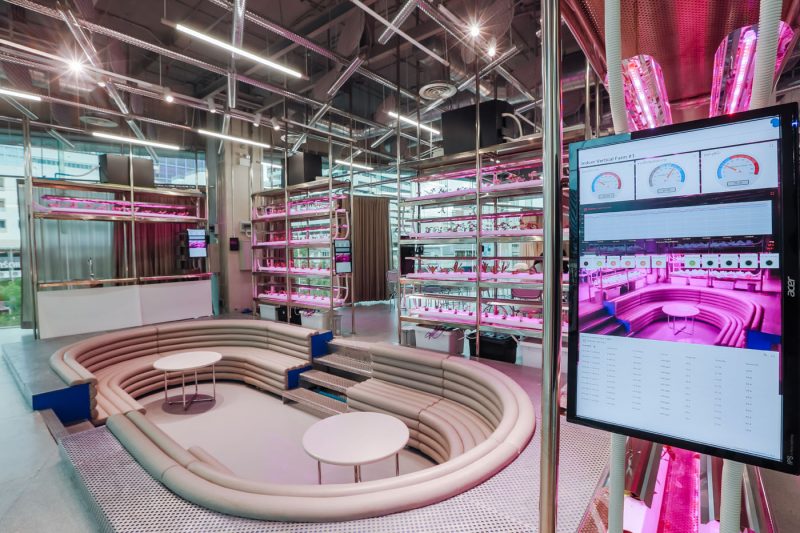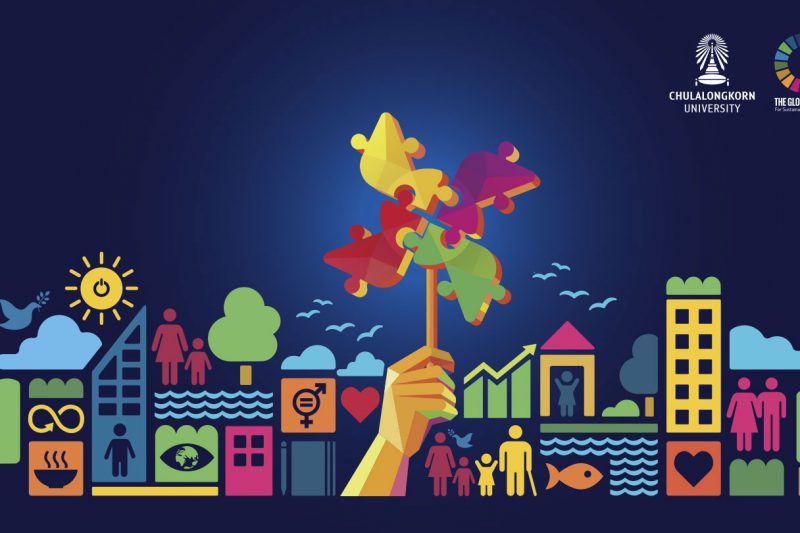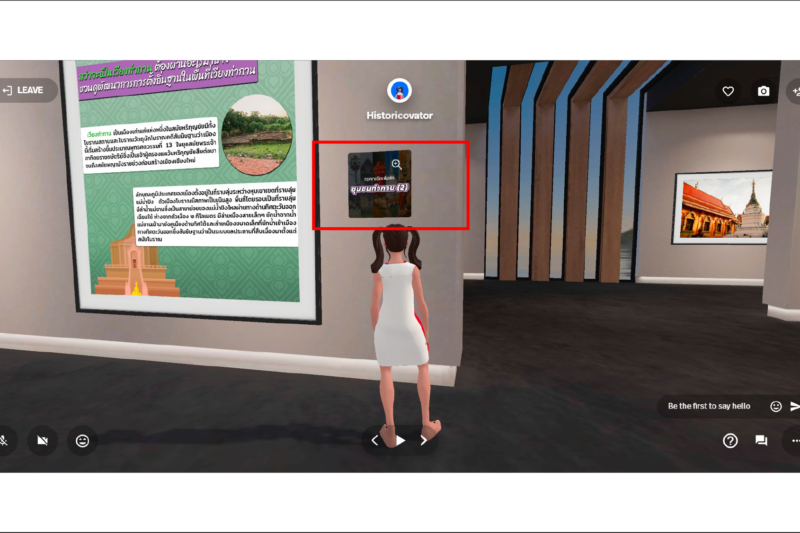Access to higher education opportunities for poor young people benefits scholars, families and society
Education is valued as one of the most effective tools for alleviating social inequality. Yet, equal opportunity to access the best education available, especially in higher studies, remains next to impossible for most poor students in remote areas.
To address the issue of disparity in educational opportunities, Chulalongkorn University has provided several forms of scholarships to underprivileged students. One such initiative, the Chula Rural Project, aims to increase opportunities for rural youngsters to pursue higher education. It also helps to boost the morale of rural schools, which get to see more fruitful results from their teaching efforts. As well, rural communities can count more highly educated people among their natives.
The Chula Rural Project covers not only tuition fees of selected students but also living allowances and other personal expenses including medical care, with no obligation after graduation. Chulalongkorn University has committed a yearly budget of over 50 million baht for the project.
The impact goes beyond direct benefits to individual students, but also extends to their families, according to Assoc Prof Dr Manop Muangyai, Director of the Chula Rural Center.
“The scholarship benefits not only the student, but also the whole family. It opens up opportunities for youngsters with almost no hope to be able to develop themselves and to take care of their families,” says Assoc Prof Dr Manop, who has been working with the project since its inception in 1981, under the leadership of then-university rector Prof Dr Kasem Suwannagul.
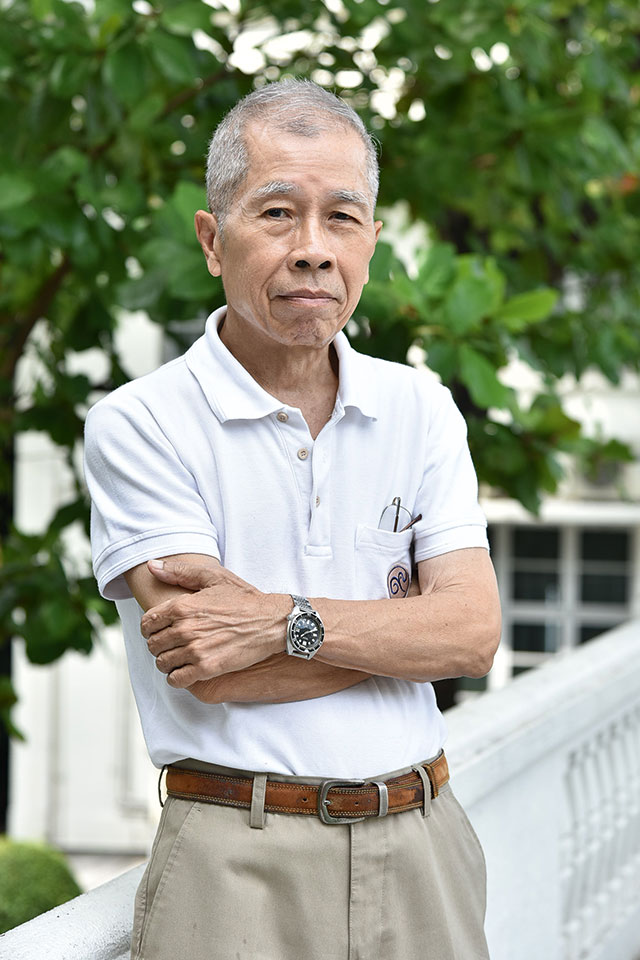
To date, the Chula Rural Project has granted scholarships to 2,602 students, of whom 2,014 have graduated. Many of them have gone on to careers that are a testament to the project’s positive achievements.
“Some have become high-ranking government officials including a governor of Loei province, a director-general of the Local Administration Department, and many other professionals such as dentists, medical technologists in various hospitals as well as lecturers at Chulalongkorn University,” says Assoc Prof Dr Manop.
To achieve the desired results, a good selection process to find suitable candidates is crucial. While the initial criteria are based on academic performance, other factors including personal and family background are of equal if not more importance. After admission, a two-week orientation course to familiarize newcomers with university life and the city environment is provided, and a sophomore senior is assigned to help the student.
“Without this scholarship, we wouldn’t have what we have today,” says Rangsan Pengpetch, one of the early Chula Rural scholarship recipients in class 2. Today he is the acting managing director of the Geology and Technology Business at PTT Exploration and Production Plc.
“I and other scholarship recipients always feel in debt to the university,” he says. “Therefore all of us look for any opportunity to repay this debt, whether in serving the country and society the best as we can, or taking part in any activities to help society and the education of underprivileged children.”
Sharing the same sentiment is Ammorn Banjong of Chula Rural class 4, now the radio program production manager at MCOT Plc. “The Chula Rural scholarship changed our lives, as the opportunity for education has provided us with more options in life, professionally and personally,” she says.
“It has changed the life of a rural girl like me to have a secure profession, a better quality of life, higher education, achievement, friends as well as the kindness of Chula alumni. Upon receiving such an opportunity, a person becomes stronger, better able to take care of his or her family, community and society.”
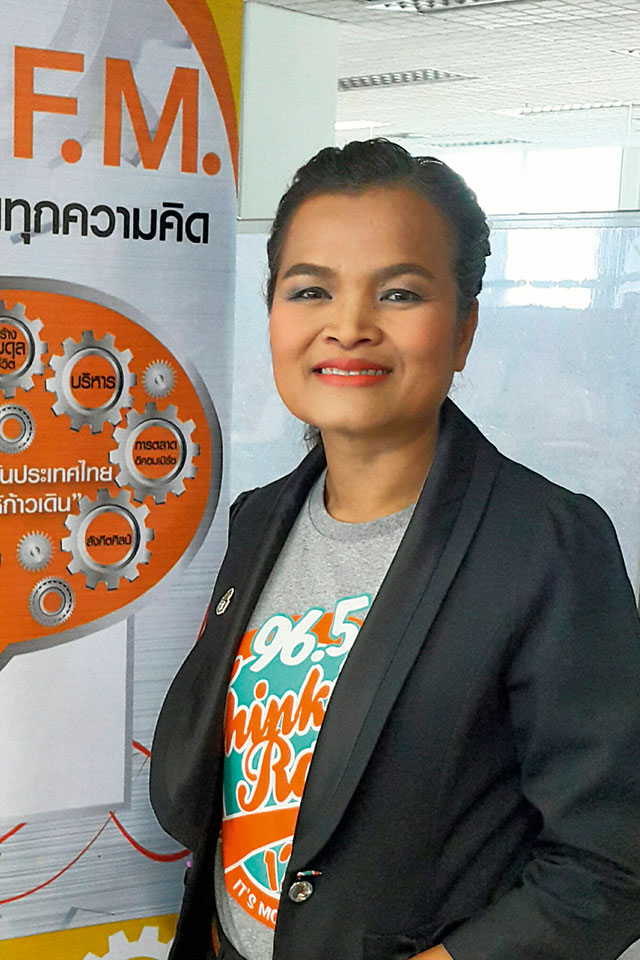
To strengthen the bonding of alumni members and extend assistance to needy students and society as a whole, the Chula Rural Club was formed eight years ago, according to Somnuek Tengchataphan of Chula Rural class 3, who is now the club’s president.
The Chula Rural Project has also expanded to include two sub-projects, a Ponoh Project for students of Muslim schools in the southern provinces of Pattani, Yala, Narathiwat and Songkhla; and a Production of Dentists for Areas in Shortage Project. Both programs require recipients to work in the designated areas for a certain period after graduation.
For more information, visit Chula Rural Center at http://www.rural.chula.ac.th or Chulalongkorn University Academic Testing Center at http://www.atc.chula.ac.th
This article was originally published in CU Around December 2018, Vol.61, Issue 12, Page 2, available at https://www.chula.ac.th/magazine/15240/
Others

